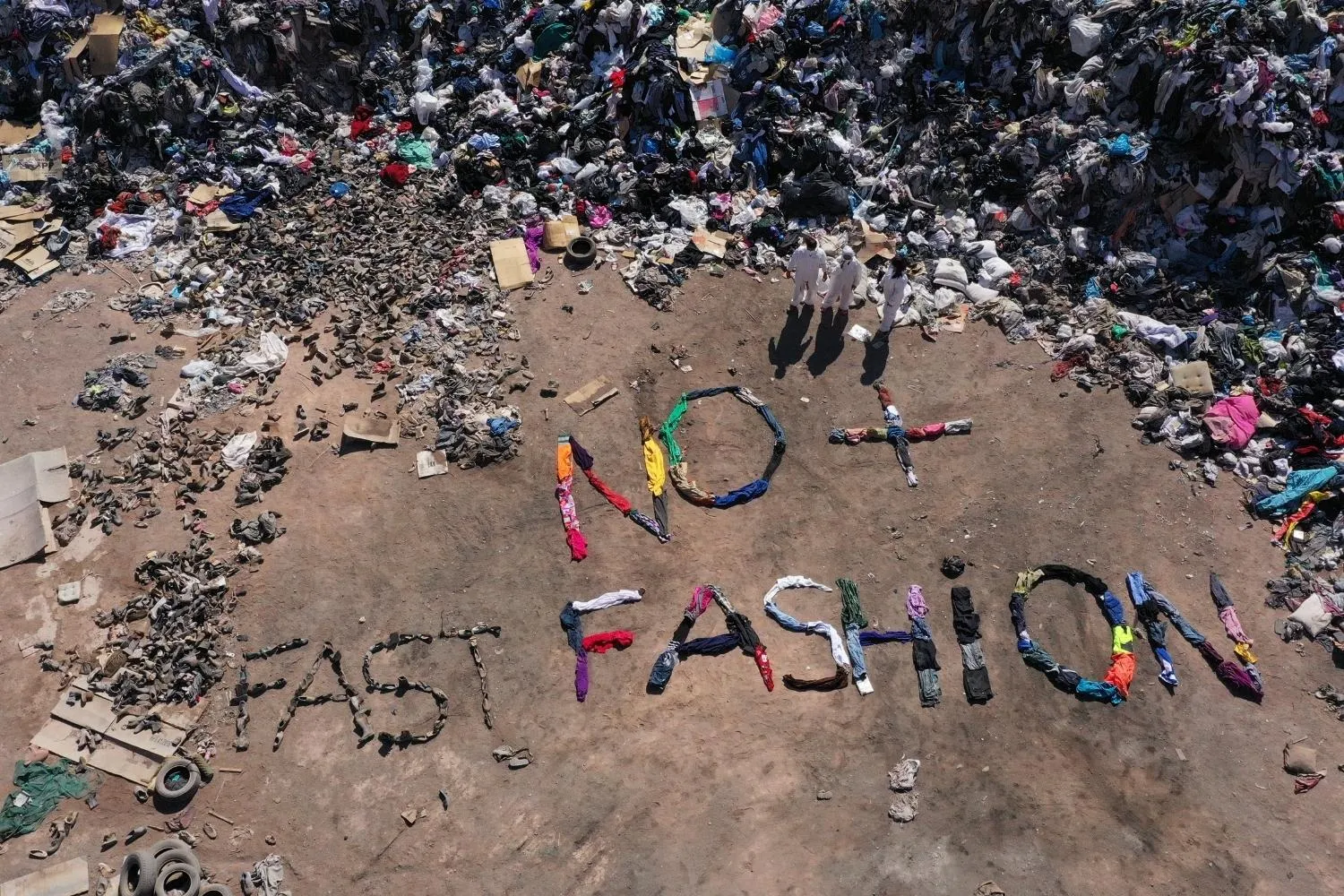Key Impact Points:
- Governance and controls are critical: Applying financial reporting principles to sustainability reporting enhances credibility and reliability.
- Technology and collaboration are essential: Leveraging technology and aligning CFO, CSO, and CTO roles streamline processes and ensure accurate data.
- Regulatory compliance is evolving: Companies must adapt quickly to meet new global sustainability reporting standards like the EU’s CSRD.
Information sourced from PwC Article by Robert Kammerer, Nadja Picard, and Gilly Lord
Building Trust Beyond Financials
For decades, businesses have relied on high-quality financial reporting to build trust with stakeholders, including investors, regulators, and consumers. Today, as sustainability reporting becomes a global priority, companies face a new challenge: extending trust to their sustainability outputs and impacts.
Standard-setters and regulators are rapidly implementing new requirements, such as the EU’s Corporate Sustainability Reporting Directive (CSRD). To meet these demands, companies must adopt governance, controls, and compliance practices that have long been foundational to financial reporting.
Leveraging Financial Foundations
Financial teams under CFOs are well-positioned to lead sustainability reporting efforts. Their experience with internal controls and data accuracy can be combined with sustainability specialists’ expertise in emissions, waste, and water data.
“Start with what is material to your business,” the PwC article advises. Establish internal controls that ensure reliable data collection for decision-making and reporting.
However, challenges persist. PwC’s Global CSRD Survey revealed that 74% of respondents still use spreadsheets for sustainability reporting, increasing the risk of inefficiencies and human error. Companies should ask key questions:
- What data is required for reporting, and where is it sourced?
- How reliable is the data, and who is responsible for its accuracy?
- What gaps exist in current systems and processes?
Creating a Durable Framework
Boards and management must collaborate to establish a durable framework for sustainability reporting. Strong governance is essential to bring together cross-departmental expertise, ensuring consistency and agility in meeting evolving risks and regulatory requirements.
Companies that adopt robust internal controls not only improve compliance but also unlock value. As PwC clients have noted, gathering sustainability data from new sources provides insights that drive informed decision-making.
Embracing Technology
Technology plays a critical role in achieving high-quality sustainability reporting. Many businesses still rely on non-standardised data collection methods, such as spreadsheets, which hinder consistency and reliability.
PwC emphasizes the need to evaluate existing ERP systems and explore advanced tools, including AI, to streamline processes. CFOs, CSOs, and CTOs must work together to integrate systems and create a single, reliable source of data.
“Use technology to its full potential,” PwC recommends, highlighting the importance of aligning financial and sustainability reporting capabilities.
The Regulatory Landscape
As sustainability reporting shifts from voluntary to mandatory, regulations like the EU’s CSRD and ISSB standards demand robust internal controls. Investors, too, expect transparent, reliable data to track progress on sustainability commitments.
A PwC global survey revealed that investors prioritize clarity in sustainability plans, increasing the pressure on businesses to deliver reliable information.
Road Map for Senior Leaders
To strengthen sustainability reporting, leaders should:
- Assess the current and desired states of sustainability controls.
- Identify and address gaps.
- Develop a road map with milestones aligned to regulatory needs.
Reliable sustainability data benefits not only businesses but also capital markets, ensuring efficient resource allocation and trust in operations.
Conclusion
Achieving robust sustainability reporting standards requires leveraging decades of financial reporting expertise. By adopting the right technologies, ensuring governance, and adhering to regulatory expectations, companies can meet the growing demand for trustworthy sustainability information in a rapidly evolving landscape.

 Follow SDG News on LinkedIn
Follow SDG News on LinkedIn











